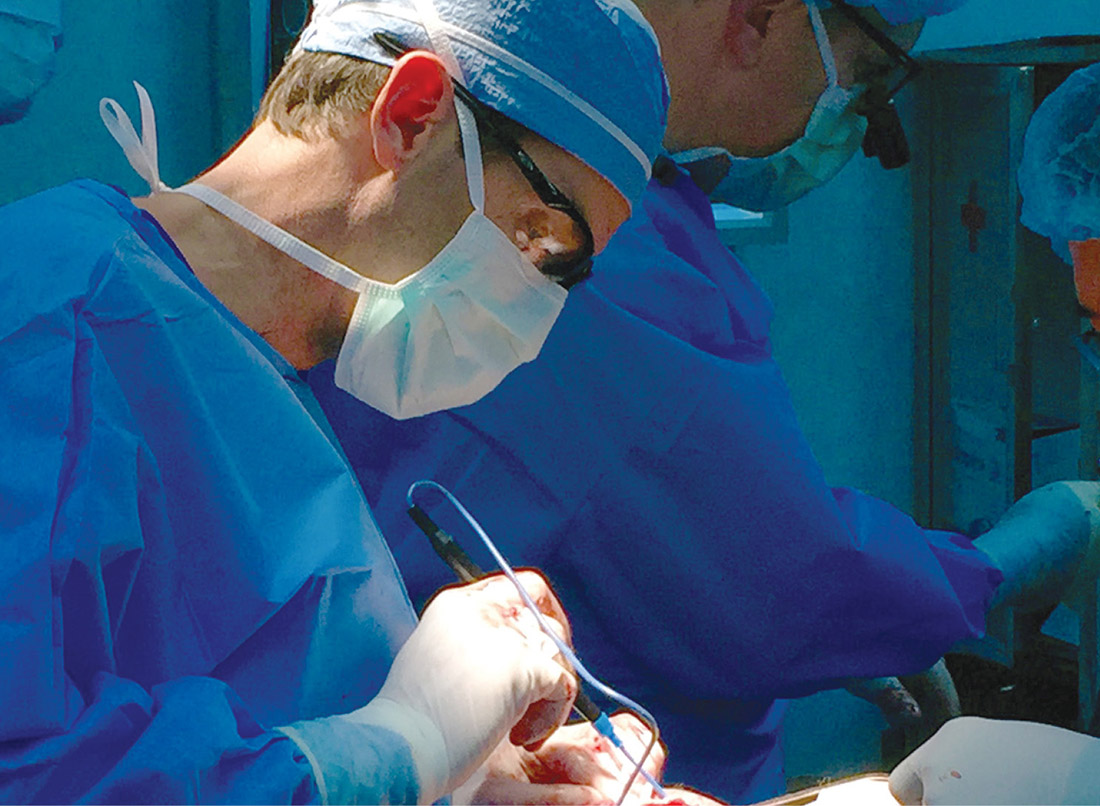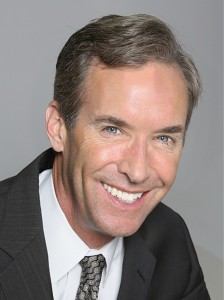
One of life’s universal joys is making a child smile. Another is bringing tears of gratitude to the eyes of that child’s parents. For more than 20 years, Dr. Brett Snyder has experienced both by providing volunteer pediatric craniofacial care to children overseas and in his community.
In addition to being a father of three children and a plastic and reconstructive surgeon in Ponte Vedra Beach, Florida, Snyder has worked with groups such as ReSurg (formerly Interplast—the first organization to coordinate humanitarian trips abroad for plastic surgery) and Reconstructive International Cooperative Exchange (RICE), based at Dartmouth College. He has traveled to Vietnam, Laos and Peru to correct complex conditions such as cleft lips and palates, skull and facial growth deformities, missing ears and large vascular malformations.
 “The great thing about the international trips is that they are pure medicine—you go, you care, you teach,” Snyder says. “I believe if you’re going to do overseas work, you should establish an enduring program of not just care, but also education and follow-up. In doing so, the benefit is high because you accomplish two things: You provide care in places with dire medical need, and you teach the local surgeons how to provide that care. The ultimate goal—and I have no doubt we’ll reach it very soon in Vietnam—is for our services no longer to be needed because they can provide care on their own.”
“The great thing about the international trips is that they are pure medicine—you go, you care, you teach,” Snyder says. “I believe if you’re going to do overseas work, you should establish an enduring program of not just care, but also education and follow-up. In doing so, the benefit is high because you accomplish two things: You provide care in places with dire medical need, and you teach the local surgeons how to provide that care. The ultimate goal—and I have no doubt we’ll reach it very soon in Vietnam—is for our services no longer to be needed because they can provide care on their own.”
Closer to home, Snyder is involved with the Cleft Lip and Palate Panel in Jacksonville and serves an administrative role with Healing the Children, Florida. He also consults and performs surgery at Nemours Children’s Clinic, a multispecialty children’s clinic based in Florida and Delaware.
“Philosophically, I’ve always thought if you’re going to go overseas, you should provide volunteer care at home as well,” he says. “It’s about getting involved at multiple levels to use my skills to help people who are in need—which, ultimately, is why I’d like to think most of us went into medicine.”
This desire to serve was ignited during his time at Vanderbilt University Medical School. “In medicine, you always have to ask who sets the example for the basic principles of care—the example that lasts your whole life,” Snyder says. He credits as one of his mentors the late Dr. Robert Collins, professor of pathology, microbiology and immunology, emeritus, who died in 2013. “He was one of those great role models whom you always think about when you’re making decisions.”
With their son, Tom, enrolled in his first year in Vanderbilt’s College of Arts and Science, Snyder and his wife, Susan, serve on the Parents Leadership Committee and the Parents and Family Association Board. “We both feel very strongly about being more involved and better informed about our son’s opportunities and challenges,” Snyder says. “I’m thrilled he chose Vanderbilt because it’s made such a huge impact on my life.”
—ELIZABETH H. HARRISON